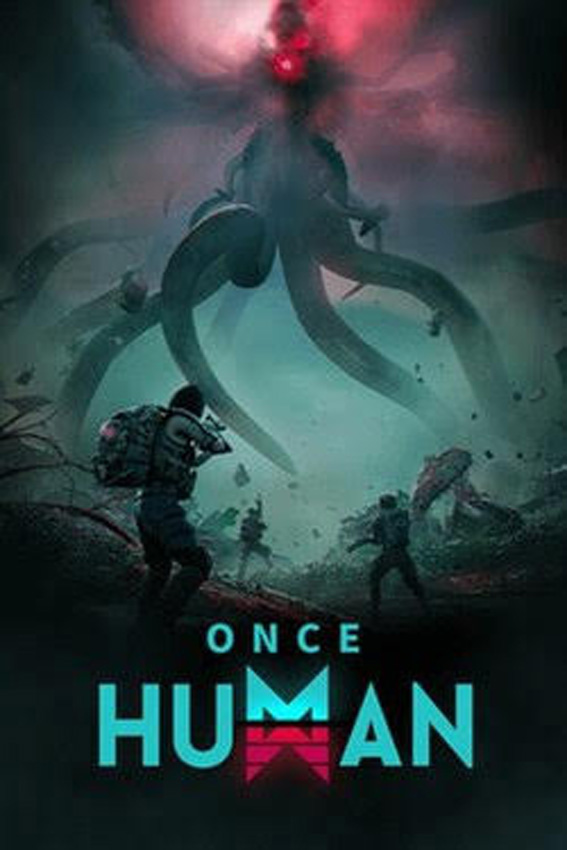Most of my readers will remember that fateful day in Freshman English when they began a survey of Greek mythology.
[media-credit name=”amazon.com” align=”alignright” width=”199″] [/media-credit]This was a strange time, full of unpronounceable names and surprise quizzes on various mythological Greek deities and their almost identical Roman counterparts. It proved profoundly useful later in literature, as many authors are inanely fond of mythological references.
[/media-credit]This was a strange time, full of unpronounceable names and surprise quizzes on various mythological Greek deities and their almost identical Roman counterparts. It proved profoundly useful later in literature, as many authors are inanely fond of mythological references.
Many students are frustrated by this side of English. They think things like “why does it matter which of Zeus’s children were birthed out of his head” and “who cares about the eagle eating Prometheus’s liver?”
But this stuff is included in literature for a reason. When woven successfully into a literary work, these myths can take on a whole new significance and add beauty and human depth to a story. The best example of this, in my opinion, is C. S. Lewis’s Till We Have Faces, which takes a new angle on the story of Cupid and Psyche.
Now, before anyone makes any assumptions, this is not the C. S. Lewis of the Chronicles of Narnia series. There are no talking animals. This is not a children’s book. It is probably Lewis’s most literary work of fiction, to the extent that I feel a little elitist just by reviewing it. Meh-heh. Peasants.
That said, I actually enjoyed the book, which is rare for me with books that are considered literary.
Right, I need to talk about the plot. The author assumes that its readers know the story of Cupid and Psyche, which is typical for an English prof with a name like Clive Staples. But since my name isn’t Clive, I’ll give you a quick summary.
The story starts stereotypically enough with a king and his three daughters, one (the youngest) beautiful and the other two ugly. Now it needs to be understood that when stories refer to Psyche, the youngest sister, as beautiful, they mean supermodel status (and in a time before makeup, no less). I say this because some of the locals start worshipping Psyche, which seems silly, since that is a fantastic way to incur the jealous wrath of Aphrodite, the not-so-loving goddess of love.
So naturally, Aphrodite is enraged. She sends her son Eros (readers will know him as Cupid) to make Psyche fall in love with only men of low character. And here I need to clarify again. In this case, Cupid is not a naked baby with wings. The dude may or may not have wings, but he is a stud by all mythological accounts. Anyway, he ends up falling in love with Psyche instead of cursing her. Yay.
He takes her off to his castle, where they are married, with one ground rule. She is not allowed to look at his face. Apparently his godly countenance would terrify her or something.
The ugly sisters get jealous. They can’t even find an eligible prince who will marry them, and Psyche gets to hang out in a god’s house? They convince Psyche that Cupid is actually a monster, which is why she cannot see his face. They give her a lamp to look at his face while he sleeps. When she does this, a drop of wax falls on his face and he sees her and kicks her out. Then Aphrodite sees her opening and gets revenge by making Psyche work at ridiculously difficult tasks. Long story short, Psyche somehow overcomes this and becomes a goddess and rejoins Cupid and they all live happily ever after.
Lewis is not content with just reviewing this material. He throws a couple of fresh twists on the story. First, his protagonist is one of the ugly sisters. Next, he moves the setting to a more barbarous kingdom near Greece. Strangest of all, when his Psyche-character is taken to Cupid’s house, only she can see it. To the rest of the world, it appears as if Psyche is living alone on a hillside.
I am not going over that whole plot again. I will note that I found Lewis’s version far more entertaining than the original as well as more meaningful. For one thing, I think that it was the first book I have ever read in which the main character is plainly described as ugly. I found that both refreshing and amusing. I will also add that Lewis feels no need to match the storybook ending of the original story.
Since the plot follows the ugly sister, it seems pretty different from the Greek version at times, but it all clicks into place in the conclusion. In fact, Lewis uses his resolution to great effect, unveiling layers of meaning that had run under the whole book undetected to that point. The end portion of the novel is essentially a symbolic epiphany. It gets crazy.
Honestly, my only criticism of this work is the fact that readers need to understand the mythological background, which I just spent most of my review addressing. You’re welcome.
This work is the most meaningful piece of fiction that I have read this year. It combines themes of growing up, mythology, fate, loneliness, and jealousy in a way that ultimately shows some hope for redemption. It outshines the original story in its genuine portrayal of human value despite our flaws.
I would recommend this book to mythology or literature fans, or any people who want to read a deep novel that is still fairly accessible and interesting (assuming that they can handle the 300 page length).
Till We Have Faces can be purchased on Amazon for about $10, or at your local bookstore.
The author can be reached via Twitter: @m00re_is_better. Follow The Feather via Twitter: @thefeather.
For more reviews, read the April 23 article ‘Book offers parable-like aspect, strange characters.’






